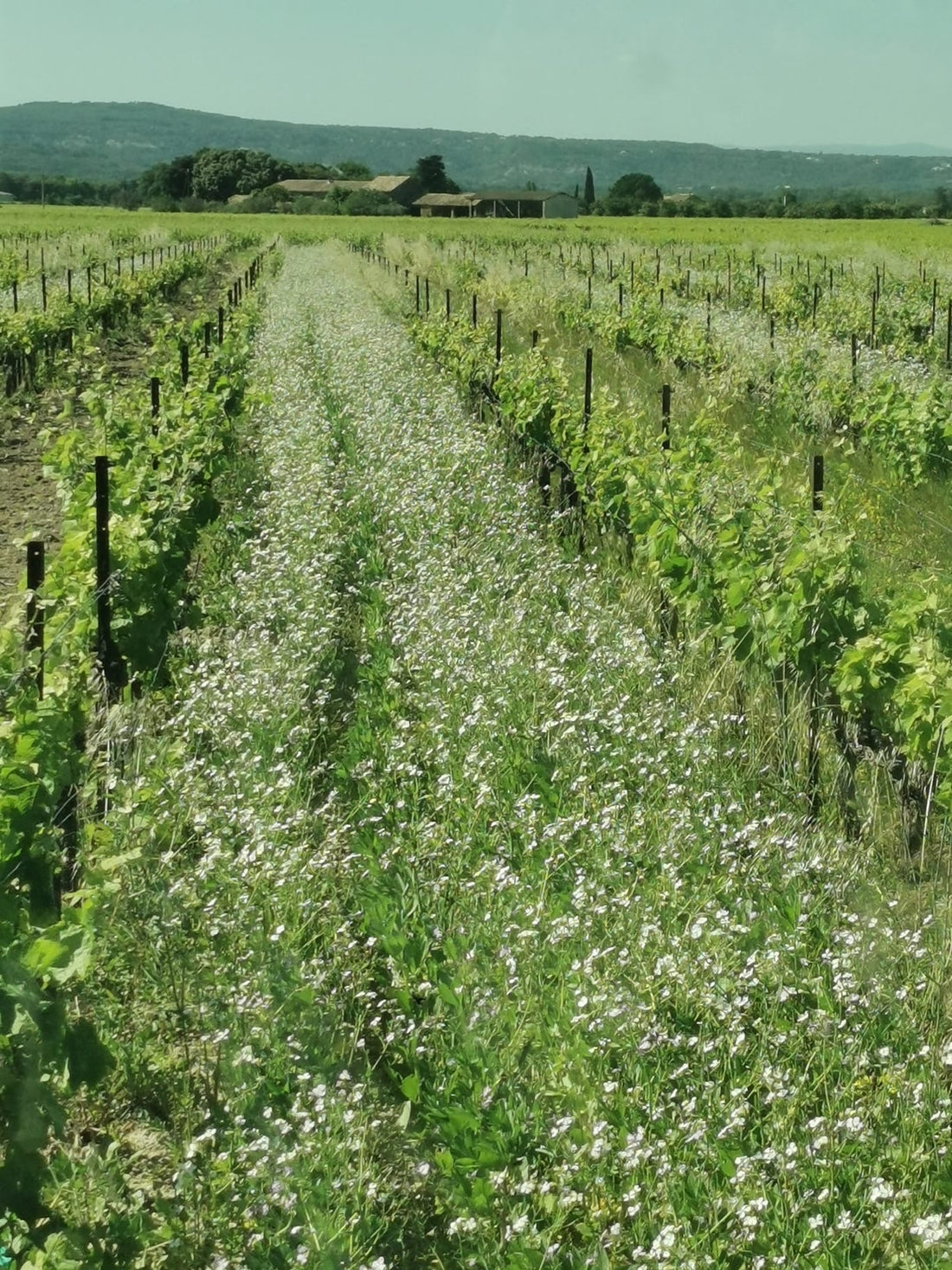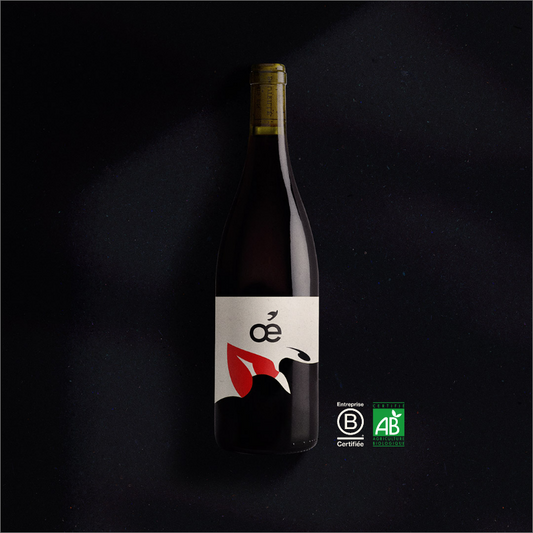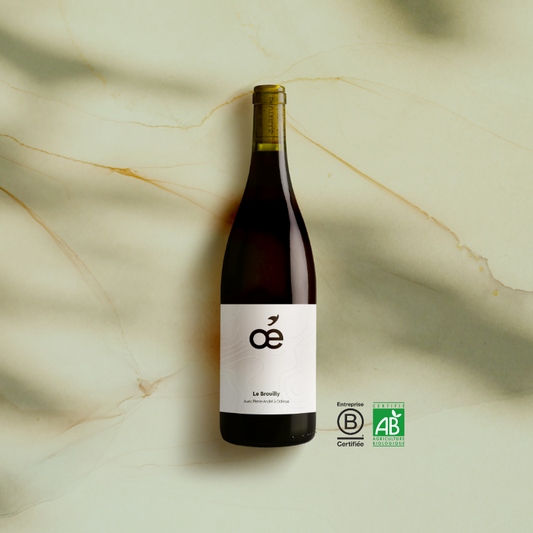Since 2020 , Oé has earmarked 1% of its turnover to finance the restoration of biodiversity among its partner winegrowers. And since 2024 , we have been supporting companies to enable them to allocate their CSR and biodiversity budgets to our vineyards and contribute to the agro-ecological transition in France.
Why is this important?
Agriculture is partly responsible for the major environmental and climatic upheavals of today:
-
Climate : It is responsible for around 30% of global greenhouse gas emissions ( IPCC , 2019 )
-
Biodiversity : It is accentuating its collapse, causing for example the disappearance of 60% of farm birds in Europe over the past 40 years ( CNRS , 2023 )
-
Water : 70% of the world's freshwater withdrawals are used for food production ( IPCC , 2019 )
And the vine has its share of responsibility:
-
It represents 3% of agricultural land in France and 20% of pesticides used!
-
Less than 10% of vineyard soils are in good condition, compared to nearly 50% of agricultural soils in general ( Genesis , 2025 )
So, beyond being in organic farming, we work to support the implementation of agro-ecological approaches (planting hedges, putting in plant cover, installing flower strips, etc.) to restore biodiversity, store carbon in the soil or regenerate the water cycle!

Concretely, what did we do?
Each year, 1% of the turnover recorded in the previous year is earmarked to directly or indirectly finance regeneration actions among winegrowers.
2020 (on 2019 turnover): Oé financed analyses of Trace Metallic Elements (TME) carried out by Biomède at several winegrowers in Drôme and Vaucluse.
These analyses allow us to:
-
Measure the bioavailability of ETMs, which allows us to know what plants can actually absorb
-
Assess the concentration of heavy metals in the soil (copper, zinc, lead, etc.)
-
Understanding the potential impacts of these heavy metals on soil life
-
Assist in agronomic decision-making
2021 : Oé funded EcoFarms diagnostics at several winegrowers. EcoFarms offers an evaluation model of more than 250 practice and performance indicators, making it possible to estimate the contribution of wineries to 24 societal and environmental issues. The scores obtained facilitate the understanding, monitoring, improvement, and promotion of these performances.
2022 : Following the completion of the EcoFarms diagnostics, we supported volunteer winegrowers in raising funds to finance some recommended actions.
Here are some projects co-financed by citizens on the MiiMOSA platform:
-
Planting 100 meters of agroforestry hedges
-
The installation of 10 bat boxes, whose favorite snack is the grape vine moth, a species of butterfly that damages vines.
-
The construction of a sheepfold to accommodate 5 Pyrenean goats and 10 Landes sheep who will be happy to graze all the grass in the vineyard

-
Planting 700 meters of agroforestry hedges
-
The planting of 50 trees, including around fifteen different species (almond trees, apple trees, etc.).

2023 : Oé once again offered its partner winegrowers the opportunity to carry out EcoFarms diagnostics.
2024 : We welcomed Sophie to Oé, launched our solidarity-based property company and the entire approach related to Domaines Oé. Our goal: to experiment ourselves to better support our partner winegrowers and contribute positively to the future of the industry.
Concretely, we therefore earmarked our 1% for initiatives led by Domaine Oé to carry out a soil diagnosis and analysis with EcoFarms and begin to finance the first transition actions.

2025 : To give more scope to what we carry, we have chosen to join forces with other partners, EcoFarms of course with whom we have been working for 5 years, and brands that aim for bio-agroecology like Distillerie Bel-Air and Omie to launch a training program, Bio-regenerative Routes , supported by the Carasso Foundation . All the content is available on Ver de terre Production .
What's next?
For the sake of transparency, we are considering leveraging an existing initiative like 1% for the Planet or the Fair Trade label . Stay tuned!
In reality, we shouldn't earmark a portion of our revenue to support our winemakers because our prices should cover the cost of preserving and restoring agricultural ecosystems. We're working on this, particularly by developing triple-capital accounting, which integrates environmental and social costs.





